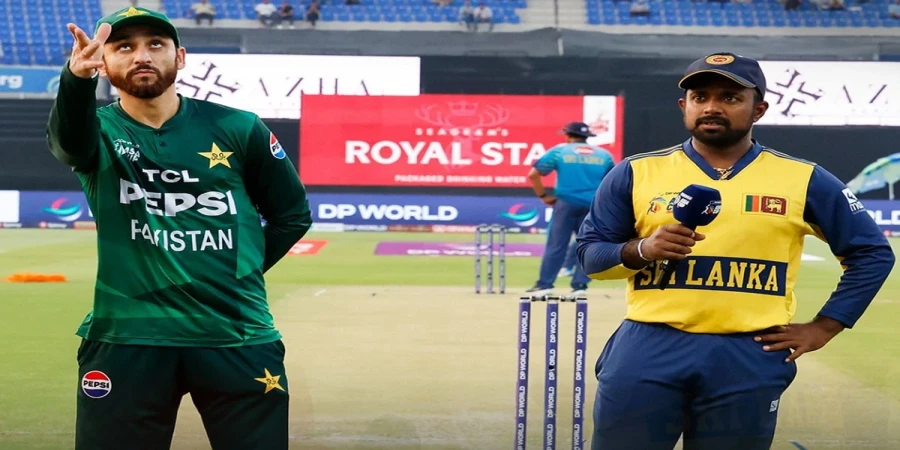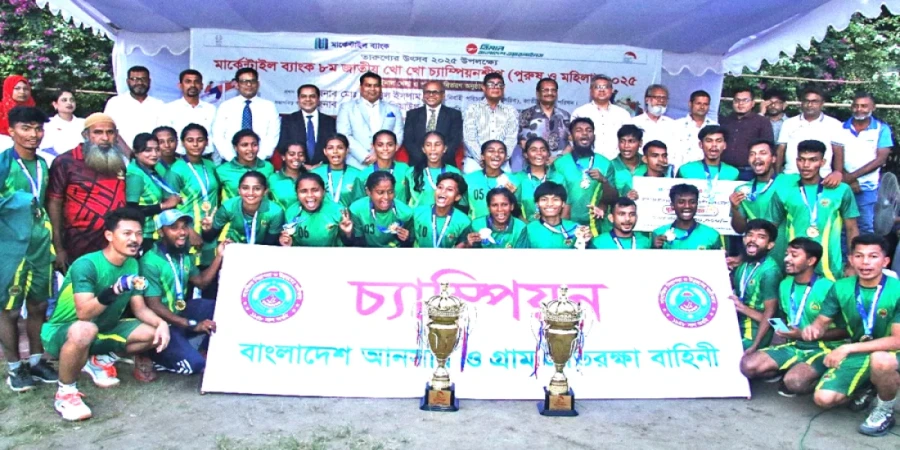
ছবি: -Collected Photo
Former Pakistan head coach Mickey Arthur has stated that star batters Babar Azam and Mohammad Rizwan are not ideally suited for the current format of T20 cricket, sparking renewed debate around Pakistan’s batting strategy in the shortest version of the game. Arthur emphasized that while both players have proven themselves at the international level over the years, the modern T20 game demands an attacking, risk-taking approach—something he believes Babar and Rizwan have struggled to adapt to.
Arthur’s remarks come just weeks after Pakistan announced their squad for the upcoming Asia Cup T20, leaving out both Babar and Rizwan. Their exclusion raised eyebrows and fueled widespread discussions among fans, former players, and analysts about Pakistan’s direction in limited-overs cricket. For many, the decision signaled a dramatic shift in philosophy toward a more aggressive brand of cricket, one that prioritizes high strike rates and fearless batting at the top of the order.
“Babar and Rizwan have been terrific performers for Pakistan, there is no denying their class,” Arthur said during a recent media interaction. “But modern T20 cricket has evolved. Teams now want openers who can go hard from ball one, who can take risks and put bowlers under immediate pressure. Unfortunately, both Babar and Rizwan still play with a more conservative approach, which slows down the tempo of the innings in a format where every ball counts.”
Arthur’s assessment echoes the view of current head coach Mike Hesson, who had earlier commented during the Asia Cup squad announcement that Pakistan needed to rethink its batting combinations. Hesson, known for his tactical and long-term planning, had defended the exclusion of the two senior players, suggesting it was part of a larger strategy to rebuild the side with an aggressive mindset better suited to modern demands.
Arthur did not shy away from praising Hesson’s leadership. “Mike Hesson has a clear plan, and he is working with great vision,” Arthur noted. “Alongside Salman Ali Agha, he is ensuring that the national team executes specific strategies that align with where world cricket is headed. It’s not about undermining Babar or Rizwan’s achievements—it’s about adapting to what is needed right now.”
The absence of Babar and Rizwan from Pakistan’s Asia Cup squad has already divided opinion. Supporters of the duo argue that their consistency and experience are invaluable, pointing to numerous match-winning partnerships at the top of the order. Critics, however, side with Arthur and Hesson, insisting that Pakistan can no longer afford to rely on a conservative style in a format dominated by explosive power-hitters and innovation.
Fans across social media platforms have engaged in heated debates, with some questioning whether Pakistan is taking too big a gamble by sidelining two of its most recognized names. Others have welcomed the bold approach, believing that giving opportunities to younger, fearless batters could prove to be a turning point for the team in T20 cricket.
Arthur’s comments highlight a broader conversation happening in world cricket: the evolution of T20 from a format where steady anchoring batters were once valued to one where high strike rates and boundary-hitting ability outweigh stability. Teams like England, Australia, and India have successfully adopted this aggressive philosophy, often reshaping their batting line-ups to maximize scoring potential from the very first over.
The challenge for Pakistan, however, lies in balancing experience with aggression. Babar Azam, who has served as captain and remains one of Pakistan’s most technically sound batters, still holds immense value in ODIs and Tests. Rizwan, too, is recognized globally for his adaptability and wicketkeeping prowess. Their omission, therefore, raises questions about whether Pakistan is discarding its proven performers too soon or simply taking a necessary step toward long-term success in T20 cricket.
Arthur cautioned that the transition may not be easy but insisted it was necessary. “Change is never comfortable, especially when it involves players who have given so much to the team. But international cricket is ruthless—if you don’t evolve, you get left behind. Pakistan must embrace this evolution if they want to compete with the best in T20s.”
The Asia Cup T20, which will serve as a key preparatory tournament ahead of upcoming ICC events, will now be closely watched as a testing ground for Pakistan’s new batting approach. With Babar and Rizwan absent, the spotlight will be on younger players tasked with filling the void and delivering explosive starts. Their performances could determine whether the selectors’ gamble pays off or whether the experienced duo will be recalled sooner than expected.
As the debate rages on, one thing is clear: Babar Azam and Mohammad Rizwan, despite their undeniable talent, find themselves at the center of a defining moment in Pakistan’s cricketing journey. Whether they adapt to the aggressive demands of modern T20 or continue to excel in other formats, their legacy is already established. The question now is whether Pakistan’s new strategy will deliver the consistency and success the team has long sought in the shortest format of the game.
repoter






